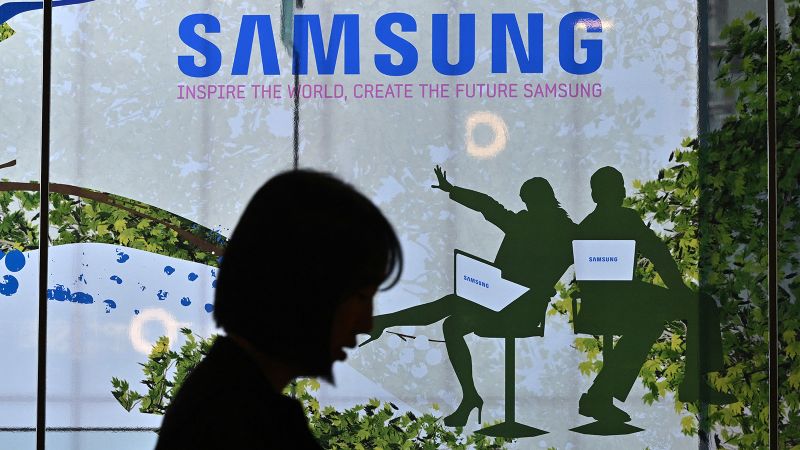Samsung Electronics has announced plans for its contract manufacturing business to become a one-stop shop for clients looking to get their AI chips made faster. By integrating their memory chip, foundry, and chip packaging services, Samsung aims to streamline the production process and cut down the time it takes to produce AI chips by around 20%. This initiative comes as the demand for AI chips continues to rise, with Samsung expecting the global chip industry revenue to grow to $778 billion by 2028, driven by AI chips.
At a recent event in San Jose, California, Samsung’s president and general manager of the foundry business, Siyoung Choi, highlighted the transformative impact of generative AI technology on the industry. The company believes that the integration of its various chip services will position it well to capitalize on the AI boom. Samsung is one of the few companies that sell memory chips, offer foundry services, and design chips under the same roof, giving it a competitive advantage in the rapidly expanding AI chip market.
Samsung’s Executive Vice President of Foundry Sales and Marketing, Marco Chisari, expressed confidence in OpenAI CEO Sam Altman’s projections on the surging demand for AI chips. Altman has reportedly voiced his intention to build roughly three dozen new chip factories, a move that underscores the growing significance of AI chip technology. Samsung’s turnkey approach to chip manufacturing, combined with its cutting-edge chip architecture known as gate all-around (GAA), positions the company as a leader in the development of high-performance AI chips.
The adoption of GAA transistor architecture in Samsung’s chip designs has proven to enhance performance and reduce power consumption, making it a critical component in the production of ever more powerful AI chips. While competitors like TSMC are also working on GAA chips, Samsung has taken the lead in applying this technology and aims to mass produce its second-generation 3-nanometer chips using GAA in the second half of this year. Additionally, Samsung has announced a new 2-nanometer chipmaking process for high-performance computing chips, slated for mass production in 2027, featuring innovative power delivery mechanisms.
Samsung’s comprehensive approach to AI chip manufacturing, encompassing memory chips, foundry services, and chip packaging, reflects the company’s commitment to meeting the growing demand for AI technology. By streamlining communication channels and integrating various chip services, Samsung has reduced production times for AI chips and positioned itself as a key player in the rapidly evolving chip industry. With the launch of cutting-edge chip architectures like GAA and ongoing investments in advanced chipmaking processes, Samsung is poised to capitalize on the AI boom and drive future growth in the chip market.


